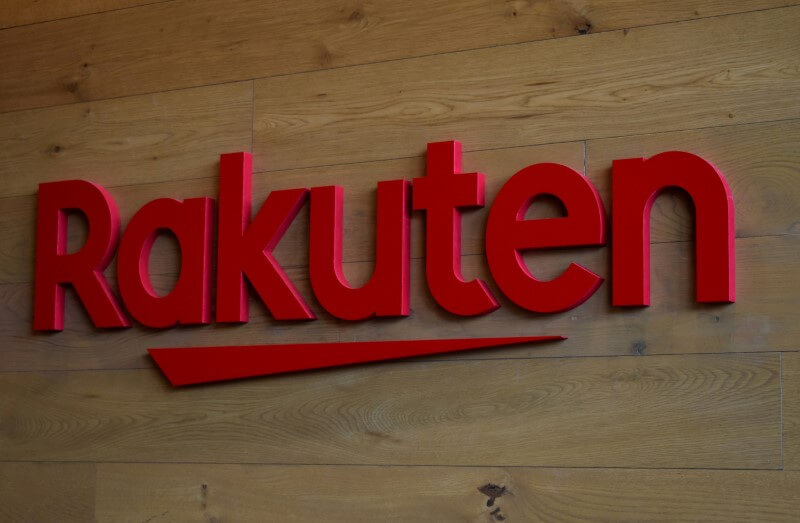In a significant strategic move, the Rakuten Group, a prominent Japanese e-commerce company, has announced its intention to merge its payments and points businesses into its credit card division. This decision revealed on August 10th, has the potential to reshape the trajectory of the struggling e-commerce giant, possibly leading to the eventual listing of its card business.
Rakuten has faced a challenging financial landscape, marked by twelve consecutive quarters of losses despite substantial revenues generated by its core e-commerce operations. The financial strain has largely been attributed to the substantial investment made in expanding its mobile phone segment, which unfortunately failed to gain significant traction within the Japanese market.
In an effort to generate much-needed capital, Rakuten has been pursuing the strategy of listing some of its integral business units. This approach has seen success with its Internet banking entity, Rakuten Bank, among others.
The newly unveiled consolidation plan entails integrating the payments and points enterprises into Rakuten Card, the company’s credit card and loans arm. The restructured Rakuten Card is poised to emerge as the driving force behind the integrated payments ecosystem. Furthermore, there are indications that Rakuten Card might initiate strategic collaborations with external entities and even raise its own capital to bolster its operations.
The integration of points and payments into Rakuten’s credit card operations is of strategic importance due to its central role in the company’s broader ecosystem. The ecosystem thrives on the accumulation of points, earned through a variety of Rakuten services, including credit card usage, shopping, and insurance. These points, in turn, offer users the flexibility to make purchases ranging from groceries to bill payments and even travel bookings.
Rakuten’s fiscal outlook took a noteworthy turn during the April-June period when the company reported an operating loss of 48.9 billion yen (approximately $340.13 million). This result narrowly outperformed the market expectations, which had predicted a loss of 51.2 billion yen based on a Refinitiv survey of six analysts.
Within this financial landscape, the losses stemming from Rakuten’s mobile segment demonstrated signs of reduction. This trend was attributed to higher average revenue per user and a surge in subscriptions. Intriguingly, the announcement of the departure of Tareq Amin, the Chief Executive Officer of the mobile unit since March 2022, coincided with these developments.
As Rakuten endeavors to chart a more prosperous path, its commitment to refrain from accruing additional gross debt is particularly noteworthy. Instead, the company is exploring equity-related financing strategies to alleviate its debt burden. Notably, the company currently holds a total debt of 1.9 trillion yen (equivalent to approximately $13.22 billion), with substantial portions of this debt maturing in 2024 and 2025.
Rakuten’s strategic decision to combine its payments and points operations into its credit card division marks a pivotal moment in its journey to reshape its financial future. As the company navigates the intricacies of its evolving business model, the effectiveness of this strategy and its potential impact on the company’s financial health will undoubtedly be subjects of keen interest and observation within the business landscape.





